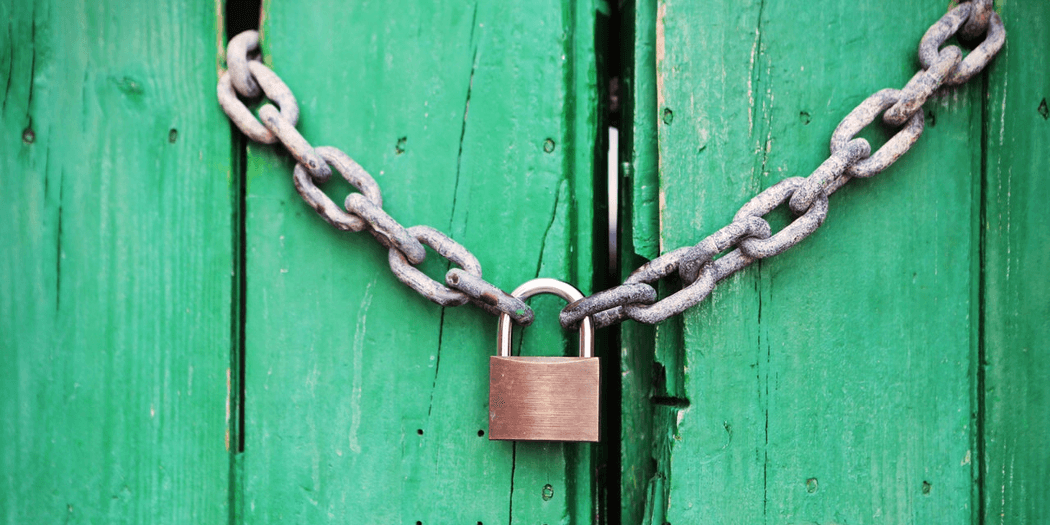4 Advantages of Adding an SSL Certificate to Your Website
Secure Sockets Layer (SSL) certificates are quickly becoming the norm online. In fact, it’s rare to see popular websites that don’t use SSL and HTTPS to protect your information. SSL isn’t only important for security, however, since it can also impact your Search Engine Optimization (SEO).
Fortunately, getting an SSL certificate for your website isn’t complicated. Neither is setting it up. Once you do that, your website will enjoy a host of benefits, and visitors will know they can trust your site to keep their data secure.
In this article, we’re going to introduce you to SSL certificates and why they matter. Then we’ll discuss the four primary advantages of adding an SSL certificate to your website. Let’s get to it!
A Quick Introduction to SSL Certificates
SSL certificates fulfill two very important functions. They ‘certify’ that your website is authentic, and is not a phishing attempt or an unapproved copy. On top of that, they also encrypt all of the information that travels between your website and its visitors.
Most if not all of your favorite websites probably use SSL. You can recognize the sites with valid certificates, because most browsers display some kind of ‘secure’ icon for them:

On top of that, you’ll also notice that these sites’ URLs start with “https” instead of just “http”. The combination of an SSL certificate and HTTPS means that the website you’re using should be safe, because your information is sent over a secured connection.
Setting up an SSL certificate isn’t hard. Before you do that, though, you’ll need to choose which type of certificate to get. There are free SSL options, or you can buy a certificate to get a higher level of security. Either way, taking this step offers a number of key benefits for your site.
4 Advantages of Adding an SSL Certificate to Your Website
At this point, you know what SSL is in a general sense. However, you may be wondering why so many websites have chosen to adopt it. If you’re still on the fence about adding an SSL certificate to your own site, let’s look at four reasons why it’s a smart idea.
1. You Can Prevent Phishing Attacks on Your Website
Imagine that someone created an identical copy of your website, and lured users to it in order to gain access to their private information. If an unsuspecting visitor entered their login credentials or credit card data on that site, the attackers would be able to steal it.
This type of online phishing attempt is strikingly common. Copycat websites won’t share the same URL as your site, of course. However, many users are likely to miss that detail. After all, how often do you scrutinize a website’s address bar after visiting it?
As we mentioned before, SSL certificates let visitors know that your website is the real deal. This means that when people see the certificate validation in their browser, they know they can trust your website with their information. It’s a quick and easy way for visitors to reassure themselves that your site is not a phishing scam.
2. You’ll Build Trust With Your Audience
If you want people to trust you with their personal information, and especially if you want them to buy something from you, there needs to be a baseline level of trust. These days, many people don’t feel comfortable about making a purchase from a site without an SSL certificate, and for good reason.
There are, of course, a lot of other indicators that let you know whether a site is trustworthy or not. However, an SSL certificate sends a pretty strong signal that you care about ensuring your users’ privacy and protecting their information. For tech-savvy users in particular, that just might be enough to get them to trust you.
3. It’s Possible to Boost Your Search Engine Rankings
For a while now, popular search engines like Google have taken HTTPS use into account when determining page rankings. It’s hard to say exactly how important a factor this is, but not using an SSL certificate can negatively impact your SEO.
On top of that, some browsers (such as Chrome) will warn users if they’re visiting a website that doesn’t use HTTPS or is using it without a valid certificate:

Some people might ignore that warning, but many others won’t. This can drive your bounce rate up quite a bit, which in turn has a negative impact on your SEO.
Google in particular is pretty determined to encourage the use of HTTPS. So if you don’t have an SSL certificate yet, now would be a good time to get one.
4. You’ll Be Able to Maintain PCI Compliance
There are a lot of ways you can accept payments on your website. However, not all websites follow strong security practices when it comes to processing payments, even if they use third parties to handle it.
For example, the Payment Card Industry (PCI) maintains a set of standards you’ll need to fulfill if you want to be in compliance with its guidelines. As you might imagine, using HTTPS is pretty high up on that list of standards.
By enforcing HTTPS throughout your website, you ensure that all data that goes back and forth is encrypted. In practice, this means that attackers can’t intercept credit card details, login data, address information, and so on.
Using SSL and HTTPS is only one of the requirements for PCI compliance, however, and there are a lot of them. That’s why a lot of e-commerce sites go through third-party payment processors, since it means you don’t have to worry about many of the requirements.
Even so, you still have to make sure that your website itself is safe if you’re going to process payments. Setting up an SSL certificate is the perfect first move.
Conclusion
SSL certificates tell the world that your website is the real deal, and not a phishing attempt. Using HTTPS can also protect your users’ data and inspire trust, both of which are key concerns for any website. The good news is that getting an SSL certificate is downright simple these days.
Let’s recap the four primary benefits of adding an SSL certificate to your website:
- You can prevent phishing attacks.
- You’ll build trust with your audience.
- It’s possible to boost your search engine rankings.
- You’ll be able to maintain PCI compliance.
Image credit: Pixabay.




